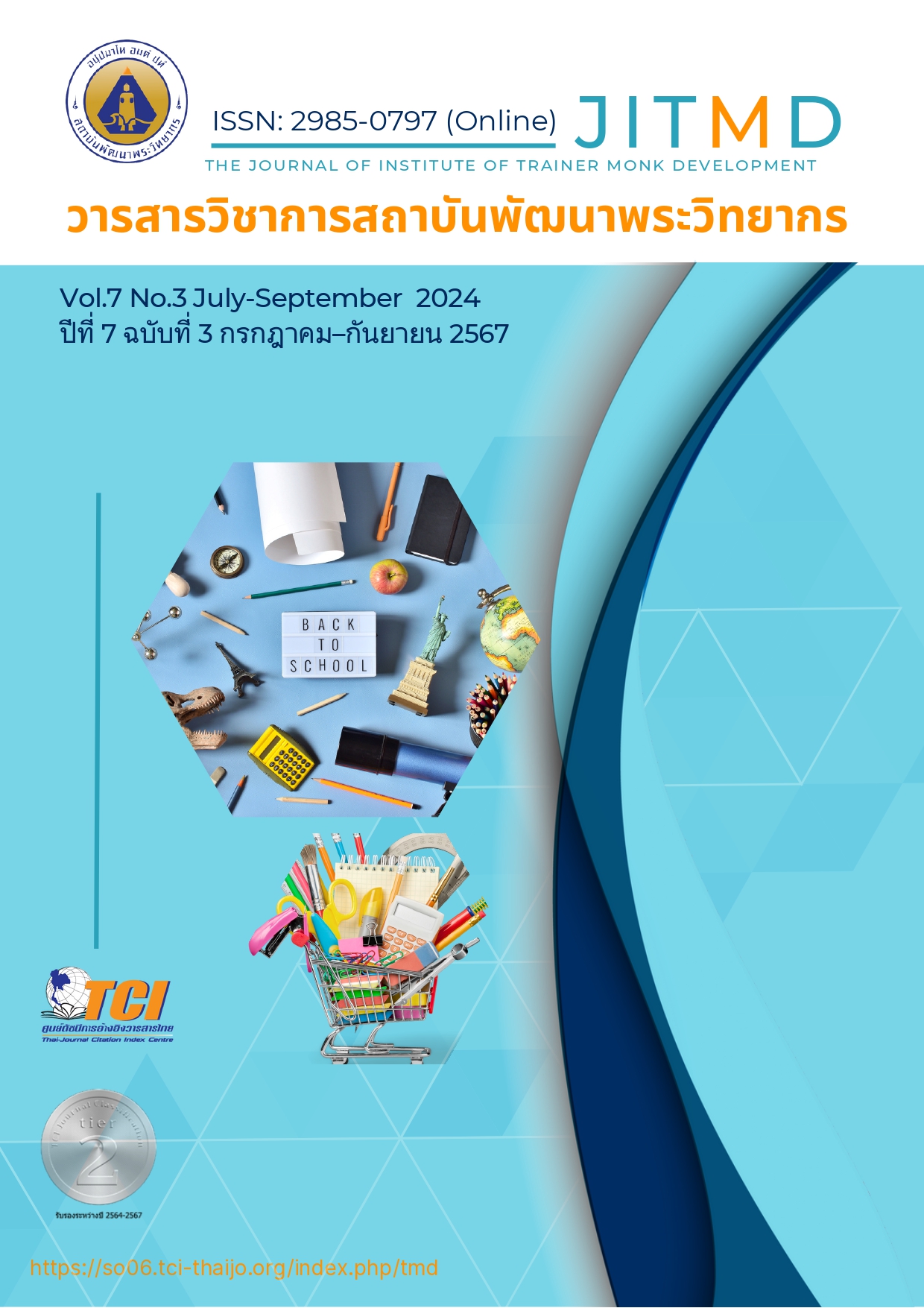Developing of Primary Health Care Network System Phang Nga Province
Main Article Content
Abstract
This article aims to: 1. Analyze the situation, context, input factors, and the development process of the primary healthcare service network, as well as the quality of healthcare services provided by public health personnel in Phang Nga Province; 2. Study the level of participation in primary healthcare service operations by local networks and the health status of the population; and 3. Analyze the relationship between the health status of the population and their ability to perform daily activities. This research employs an analytical evaluation method using the CIPP model. The sample was calculated using a proportion estimation formula and stratified random sampling. The research instruments included assessment forms and questionnaires, with statistical analysis conducted using percentages, means, and standard deviations. Data analysis was presented in table formats alongside descriptive text. The findings reveal that: 1) The assessment of input factors identified weaknesses in network partnerships and a lack of clarity in target group analysis. Strengths and opportunities for development were identified through adherence to UCCARE and the 7 Blocks or 6 BBs plus framework, which were established as operational measures across all provinces. Phang Nga utilized SWOT analysis as a framework for developing primary healthcare services and planning processes, employing eight methodologies to drive the development of primary healthcare and district health systems. 2) The study on the quality of primary healthcare services post-development showed significant improvements for patients with dependency, Overall staff satisfaction was high, at 85.5%. 3) Factors significantly correlated with the daily activity potential of the population were found to be statistically significant at the level of less than 0.05.
Article Details

This work is licensed under a Creative Commons Attribution-NonCommercial-NoDerivatives 4.0 International License.
บทความที่ได้รับการตีพิมพ์เป็นลิขสิทธิ์ของวารสารวิชาการสถาบันพัฒนาพระวิทยากร
ข้อความที่ปรากฎอยู่ในบทความที่ได้รับการตีพิมพ์ในวารสาร ถือเป็นความรับผิดชอบของผู้เขียนบทความ และข้อคิดเห็นนั้นไม่ถือว่าเป็นทัศนะและความรับผิดชอบของกองบรรณาธิการวารสารวิชาการสถาบันพัฒนาพระวิทยากร
References
กระทรวงสาธารณสุข. (2565). คู่มือคุณภาพมาตรฐาน บริการสุขภาพปฐมภูมิ. กรุงเทพฯ: สำนักสนับสนุนระบบสุขภาพปฐมภูมิ.
รักษวร ใจสะอาด และทิพาพร กาญจนราช. (2557). รายงานการศึกษาความต้องการพัฒนาสมรรถนะในการให้บริการสุขภาพระดับปฐมภูมิของเภสัชกร. วารสารเภสัชศาสตร์อีสาน, 10(1): 69-79.
วันเพ็ญ นิคมรักษ์ และพัชราภรณ์ เจนใจวิทย์. (2558). รายงานการศึกษาการพัฒนาระบบบริการการดูแลต่อเนื่องในครอบครัวที่มีผู้ป่วยโรคหลอดเลือดสมอง. วารสารพยาบาลศาสตร์และสุขภาพ, 38(1): 108-120.
สำนักเลขาวุฒิสภา. (2560). รัฐธรรมนูญแห่งราชอาณาจักรไทย พุทธศักราช 2560. กรุงเทพฯ: สำนักเลขาวุฒิสภา.
สินีลักษณ์ จิรสัตย์สุนทร. (2559). รายงานการวิจัยการดูแลสุขภาพโดยทีมหมอครอบครัวโรงพยาบาลสุขภาพตำบล. สำนักงานสาธารณสุขจังหวัดสุราษฎร์ธานี. วารสารวิชาการเขต 12, 27(1): 69-75.


